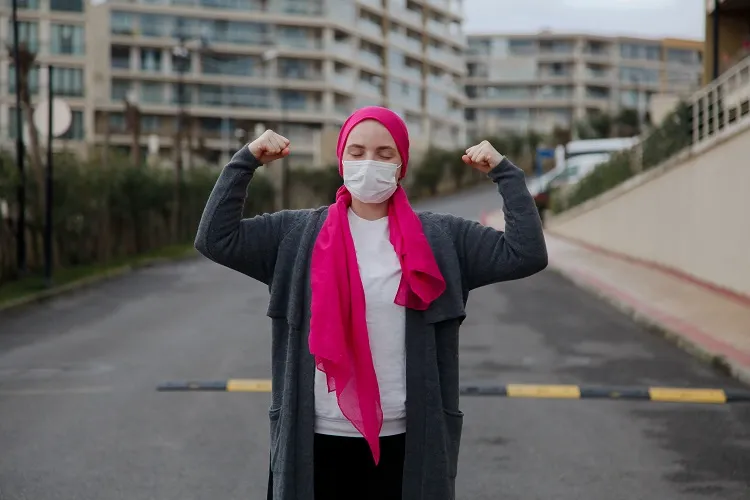Professor Hervé Tilly, a hematologist at the Henri-Becquerel center in Rouen, is behind a groundbreaking study that gives hope for a cure for people suffering from aggressive lymphomas. Improving the chances of survival, this new lymphoma treatment will be available in the coming months. What exactly do we know about this cure? How does she act? The answers in the following paragraphs.
New lymphoma treatment gives hope
Called CAR-T cells (cells), this new treatment seems to reduce the progression and recurrence of lymphoma. In addition to the Henri-Becquerel center in Rouen, the therapy is currently underway in 45 other hospitals and cancer centers in France. Remember that lymphoma is a type of cancer that attacks the lymphatic system and affects more than 200,000 individuals each year.
What is the mechanism of action of the new lymphoma treatment?
The “CAR-T cells” treatment genetically modifies the patient’s immune system in order to make it capable of destroying the cancer. This is a fairly innovative type of immunotherapy that gives a gene to the patient’s lymphocytes. Thus, the modified T lymphocytes, called CAR-T cells, become able to recognize cancer cells, activate on contact with them and kill them effectively.
Given that these are the individual’s own cells, they are well recognized and accepted by his body. A rejection is therefore not possible. It is also important to clarify that this is a personalized treatment tailored to the needs of a given patient. Before resorting to it, it is also essential to assess the patient’s chances of receiving the treatment, because it is quite heavy and difficult to bear.

Who is this treatment for?
The promising treatment applies to adults who have already received at least two treatments, in whom the cancer has returned or worsened. For the moment, the therapy only concerns certain types of lymphoma and leukemia, but it could also be used against myeloma and certain solid tumors. The serum is administered as a single infusion in a hematology intensive care unit. In terms of side effects, the treatment can cause severe symptoms such as fever or neurological signs that can lead the patient to intensive care.
However, this innovative therapy gives particularly encouraging results. It allows the cure of 30 to 40% of the lymphomas of people resistant to all conventional treatments.
–

